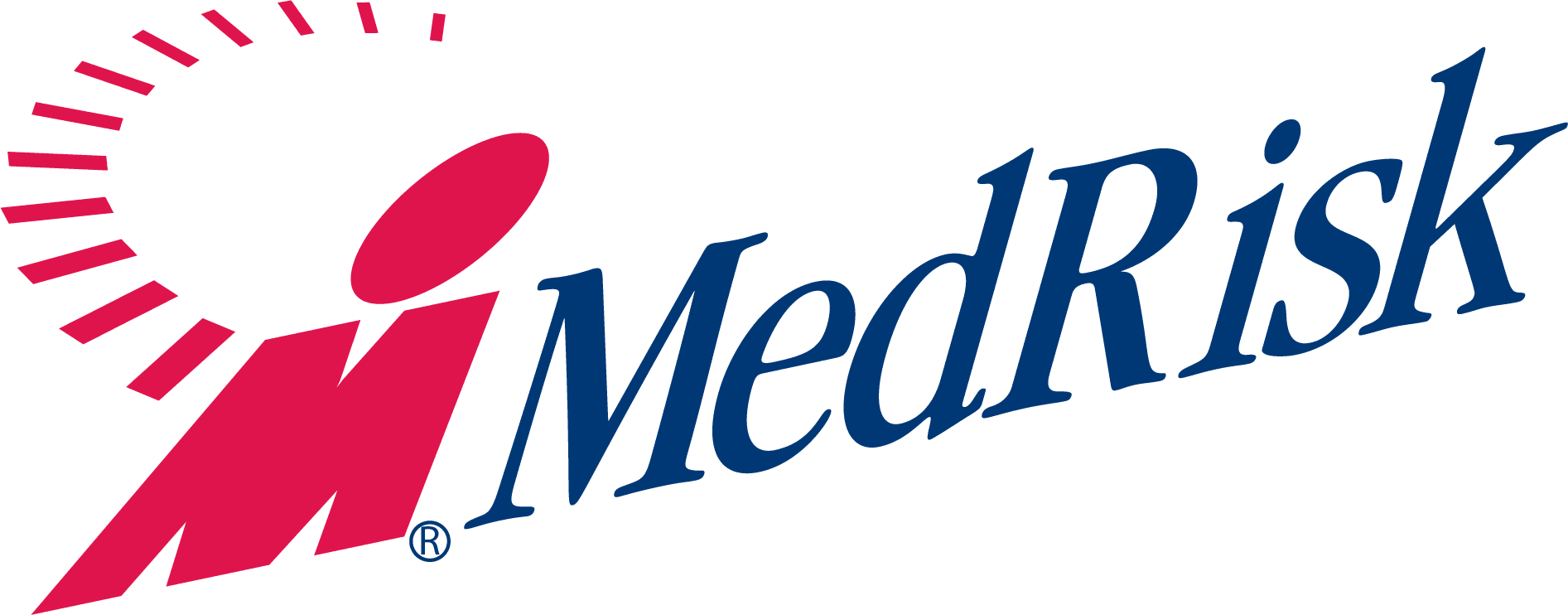Here is a summary of legislative and regulatory developments and challenges for the third quarter of 2020 and their practical implications:
With the wide majority of state legislatures adjourned prior to the third quarter, and a few not meeting at all in 2020, legislative activity has been light. Further, that activity has been focused primarily on the COVID-19 pandemic.
COVID Compensability Presumption
California enacted SB 1159, which establishes a presumption of workers’ compensation (WC) coverage for critical workers contracting COVID-19 whose fellow employees experience positive test results. The new law defines “critical worker” as a public sector or private sector employee who is employed to combat the spread of COVID-19. WC medical benefits are primary, but WC temporary disability benefits are secondary to employees’ paid sick leave benefits and, for police officers, firefighters, and other specified government employees, leave-of-absence benefits. The legislature is considering other COVID-19-related bills and will not adjourn until November 30.
New Jersey enacted SB 2380, which establishes a rebuttable presumption of WC coverage for “essential employees,” broadly defined to include public safety workers and first responders, providers of health care and support services in health care facilities, workers performing functions in proximity to the public, and other workers named in any emergency order. The New Jersey legislature continues to be in session, but at present there are no other COVID-19-related bills in the legislative pipeline.
- Implications
The NCCI has identified 87 separate bills or executive orders nationwide that expand the compensability of WC to employees contracting this coronavirus. Most of bills have failed or are still under consideration, and many of the executive orders will expire or have limited scope. Nevertheless, the COVID-19 pandemic will have a significant impact on WC payer claim operations.
Telerehabilitation Authorization
In the absence of federal legislation clarifying CMS rulemaking authority over telehealth services for physical medicine, some state WC agencies are issuing month-to-month emergency rules extending authorization of telerehabilitation for WC claimants. Most recently, the Texas Division of Workers’ Compensation has extended authorization of telerehabilitation until October 10, and the Mississippi Workers’ Compensation Commission, via emergency rule, has recently opened up telemedicine to include physical therapy and occupational therapy. Further, following the lead of Gov. John Bel Edwards, the Louisiana Office of Workers’ Compensation has issued an emergency rule extending authorization of payment for telemedicine for WC claimants until October 26.
- Implications
Under authority granted under the federal CARES Act, CMS has temporarily expanded the types of practitioners that may bill for their services when furnished as Medicare telehealth services from the distant site to include physical therapists and occupational therapists, at least for certain physical medicine services. Because a number of state WC agencies follow Medicare payment rules, this waiver has the effect of opening up telerehabilitation for WC claimants in many states, but the temporary and piecemeal nature of the waiver means that uncertainty will continue until Congress passes definitive, broad and permanent legislation correcting this technical but important glitch.
CMS itself has acknowledged the need for a permanent fix. In August, CMS Administrator Seema Verna said that the number of patients utilizing telemedicine has exploded during the pandemic, from about 13,000 per week to more than 630,000. It is likely that the “new normal” after the pandemic subsides will embrace extensive use of telemedicine services, including telerehabilitation.



